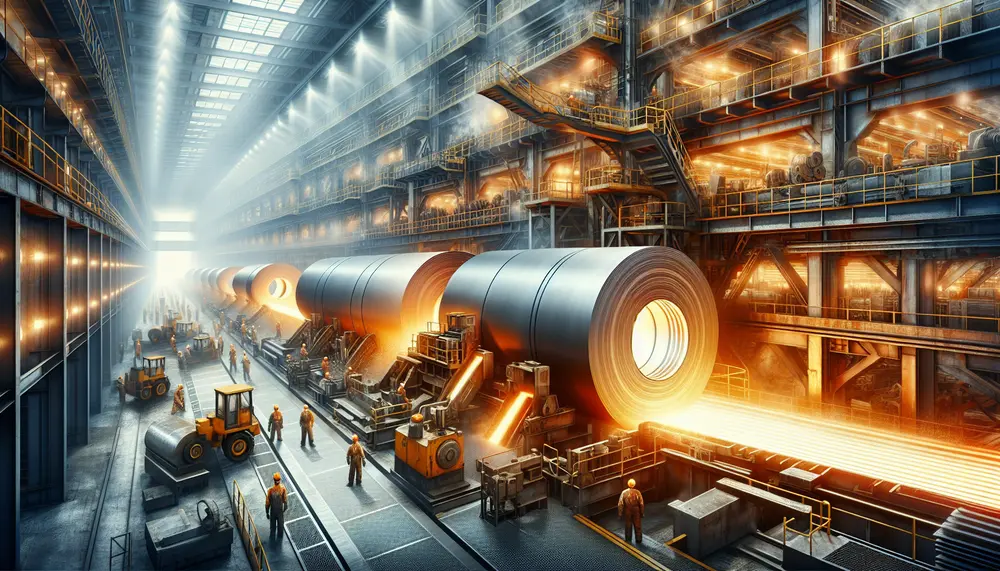Process control
Process control
Was ist Process Control?
Process control bezeichnet die Methoden und Techniken, die in der Stahlproduktion und dem Stahlhandel zum Einsatz kommen, um Prozesse zu steuern und zu regulieren. Sie zielen darauf ab, sicherzustellen, dass die Produktqualität und -effizienz stets auf höchstem Niveau bleiben, während Ausschuss und Abfall minimiert werden.
Wofür wird Process Control genutzt?
In der Stahlproduktion und im Stahlhandel ist Process control unerlässlich. Mit seiner Hilfe lässt sich etwa überwachen, ob die Temperatur in den Hochöfen optimal und konstant ist. Denn nur dann kann der Stahl die gewünschte Festigkeit und andere Eigenschaften erreichen. Oder aber sie hilft dabei, den Chemikaliengehalt im Prozess ständig zu prüfen, um die Qualität des Endprodukts zu garantieren.
Arten von Process Control
Es gibt drei Haupttypen der Process control: Manuelle Kontrolle, bei der ein Bediener den Prozess überwacht und Anpassungen vornimmt; halbautomatische Kontrolle, bei der ein Computer eingesetzt wird, um den Prozess nach menschlichen Eingaben zu überwachen; und vollautomatische Kontrolle, bei der Computeralgorithmen vollständig die Kontrolle übernehmen.
Vorteile von Process Control in der Stahlproduktion
Erstens führt Process control zu mehr Effizienz. Mit automatisierter Überwachung und präzisen Echtzeit-Daten können Hersteller die Effizienz in ihren Betrieben erhöhen. So werden Ressourcen optimal genutzt und Abfall beschränkt sich auf ein Minimum.
Zweitens garantiert Process control hohe Qualität. Mit genauer Prozesssteuerung können Hersteller die Qualität jedes Stahlprodukts sicherstellen. Das Endprodukt erfüllt so stets die Erwartungen des Kunden.
Drittens sichert Process control die Sicherheit der Arbeitnehmer. Mit automatisierten Systemen sind Arbeiter weniger direkt den Gefahren ausgesetzt, die mit der Stahlproduktion einhergehen.
Als Fazit lässt sich sagen, dass Process control in der Stahlproduktion und im Stahlhandel ein wichtiger Faktor ist. Sie erhöht die Effizienz, sichert die Qualität und schützt die Arbeitnehmer.
Blog Posts with the term: Process control
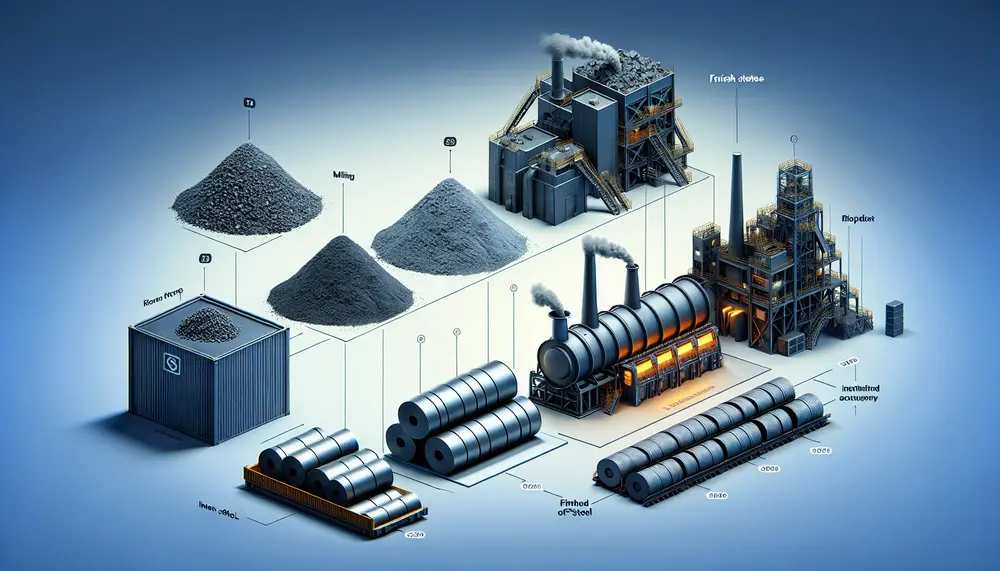
The steelmaking value chain is a complex process that transforms raw materials like iron ore, coking coal, and limestone into high-quality steel through strategic steps involving technological innovation to optimize efficiency and reduce environmental impact. Understanding this value chain helps...
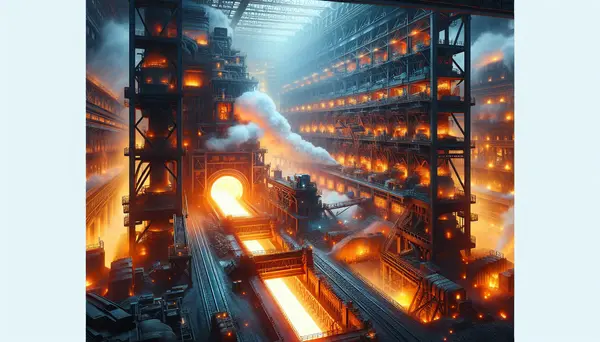
Steel, an alloy primarily composed of iron and carbon, is a crucial material in modern construction and manufacturing due to its strength, flexibility, and durability. The process of making steel involves extracting iron ore, purifying it through beneficiation processes, smelting...
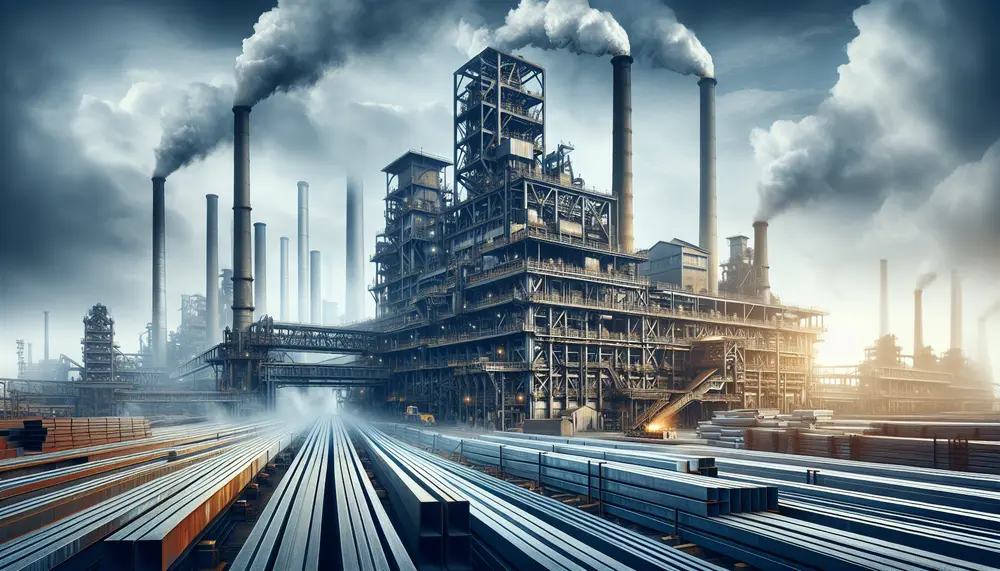
Steel production is a highly energy-intensive process with significant environmental impacts, making the understanding and monitoring of energy consumption at each stage crucial for sustainability. Energy efficiency in steel manufacturing is essential for cost-effectiveness, competitiveness, and reducing carbon emissions, with...
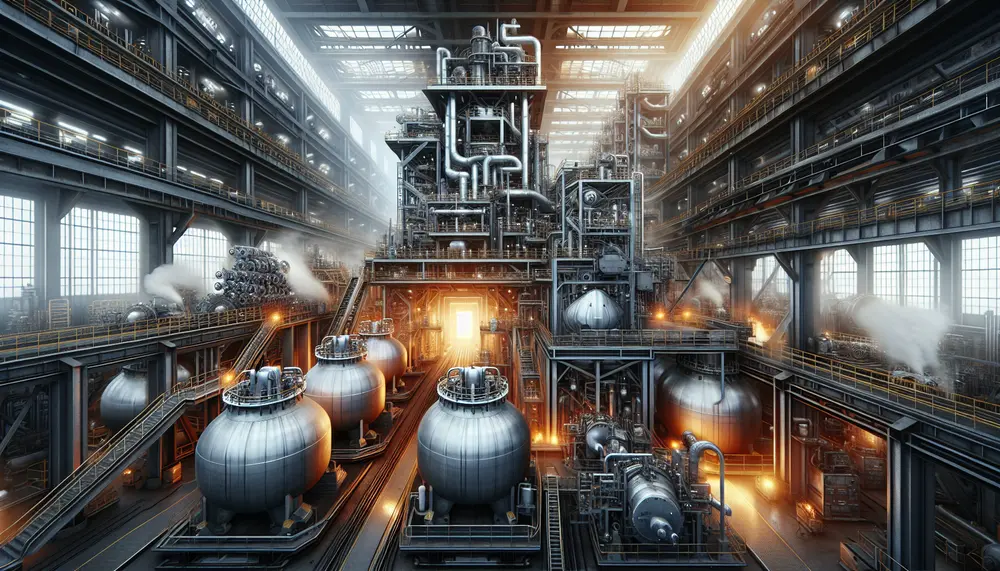
The Argon Oxygen Decarburization (AOD) process is a secondary steel making method that refines the composition of steel by reducing carbon content, using oxygen and inert gases like argon for controlled reactions. This technology allows for high-quality alloy production with...

The global steel production landscape is a complex network essential for various industries, influenced by factors like raw material availability and technological advancements. China leads in output with other key players being India, Japan, and the US; sustainability efforts are...
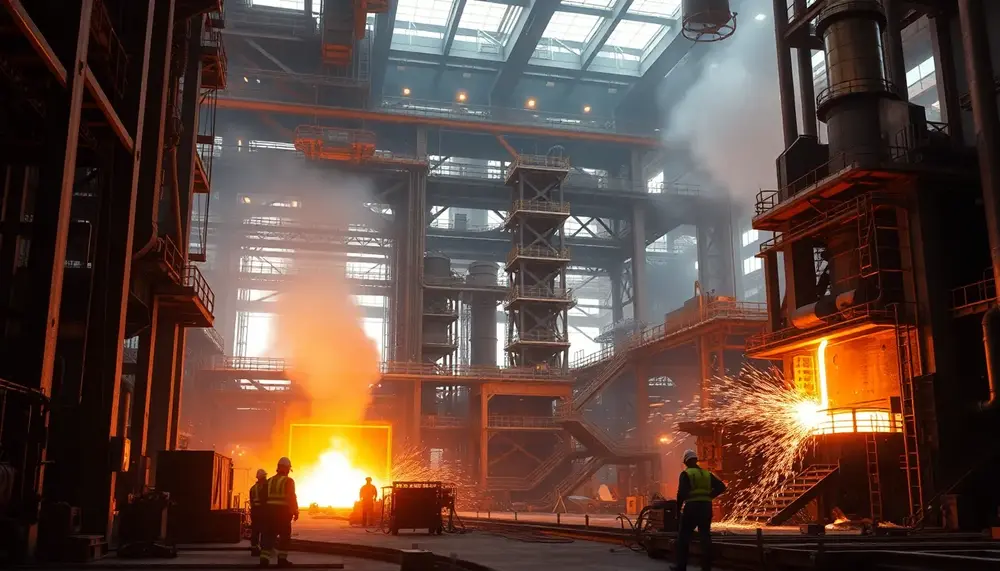
The global steel industry, vital for infrastructure and economic development, is evolving in 2023 through innovation, sustainability efforts, and fierce competition. Dominated by China with six of the top ten producers, the sector highlights strategic growth driven by technological advancements...
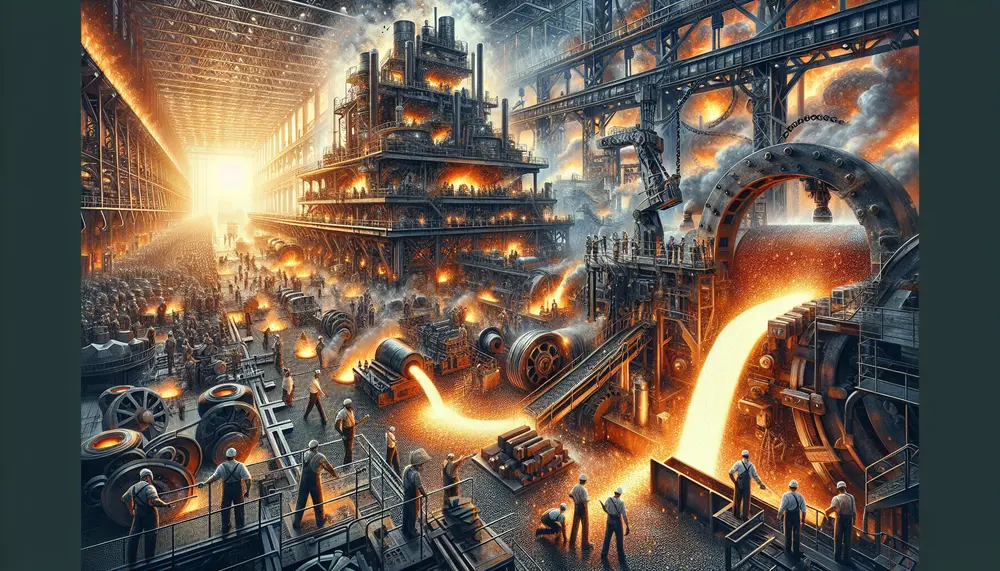
Steel making involves complex chemical reactions to transform raw materials into high-quality steel, primarily through oxidation and reduction processes. Oxygen plays a crucial role in oxidizing impurities like carbon, silicon, manganese, and phosphorus, which are then removed as gases or...
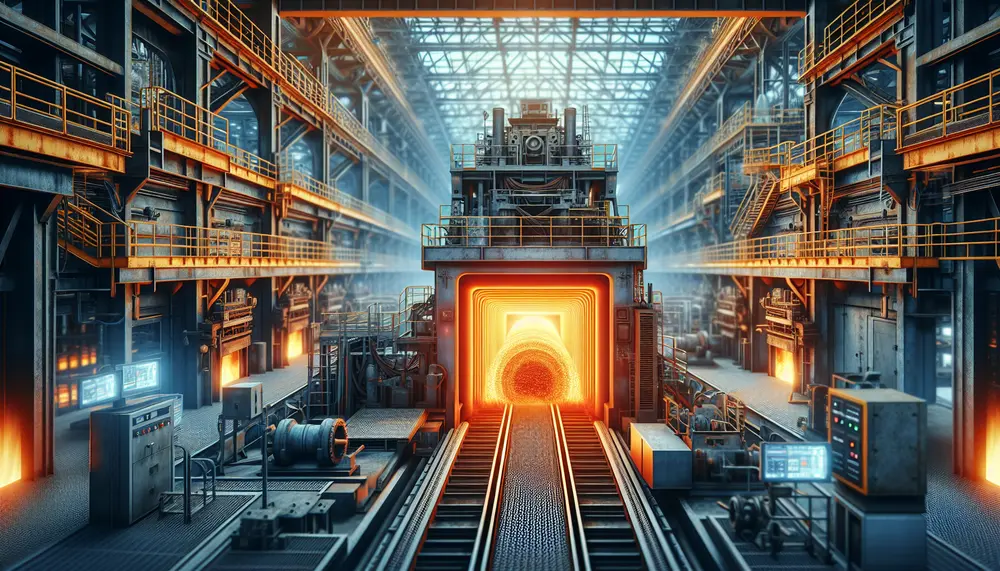
Induction furnaces have transformed steel making with their efficiency, versatility, and reduced environmental impact compared to traditional fossil fuel-based furnaces. They use electromagnetic induction for heating metals precisely and quickly, offering benefits like energy savings, improved productivity, metallurgical control, scalability,...
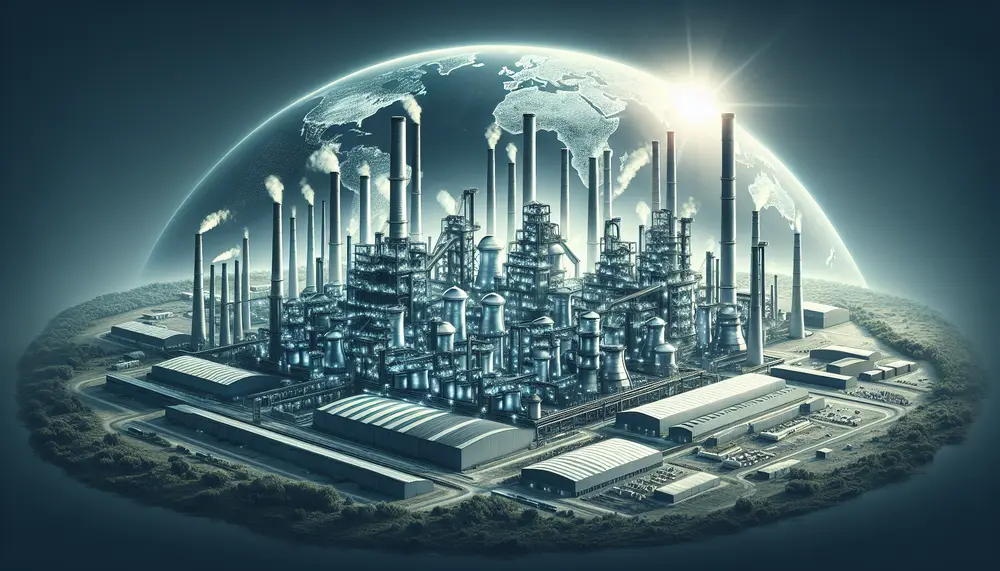
Turkey's steel industry is a key economic pillar, known for its high-quality production and strategic location that bridges Europe and Asia. Despite challenges like raw material dependency and global price fluctuations, the sector has shown resilience through innovation and contributes...
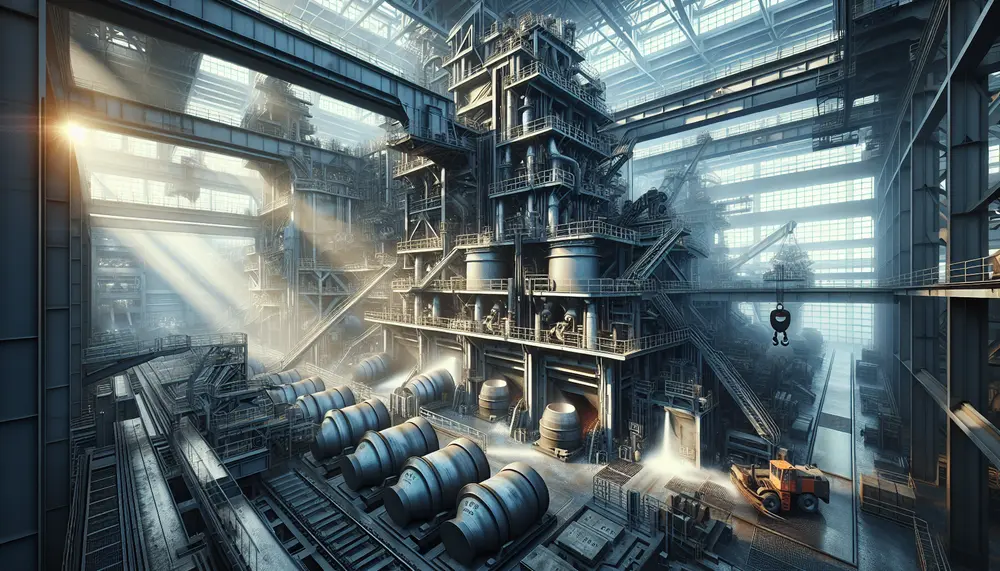
The steel making degassing process is essential for producing high-quality steel by removing dissolved gases like hydrogen, nitrogen, and carbon monoxide to prevent material defects. Vacuum degassing enhances the mechanical properties of steel, crucial for applications in construction and manufacturing,...
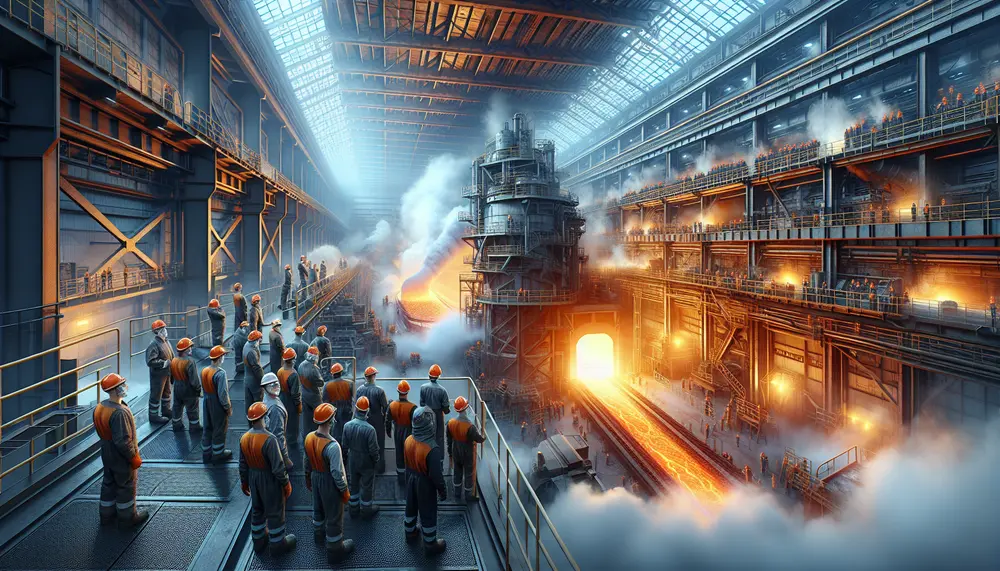
Desulfurization in steelmaking is crucial for producing high-quality, durable steel by removing sulfur impurities that cause brittleness; advancements and techniques like desulfurizing agents, slag optimization, and vacuum treatment enhance this process while addressing challenges such as cost and environmental concerns....
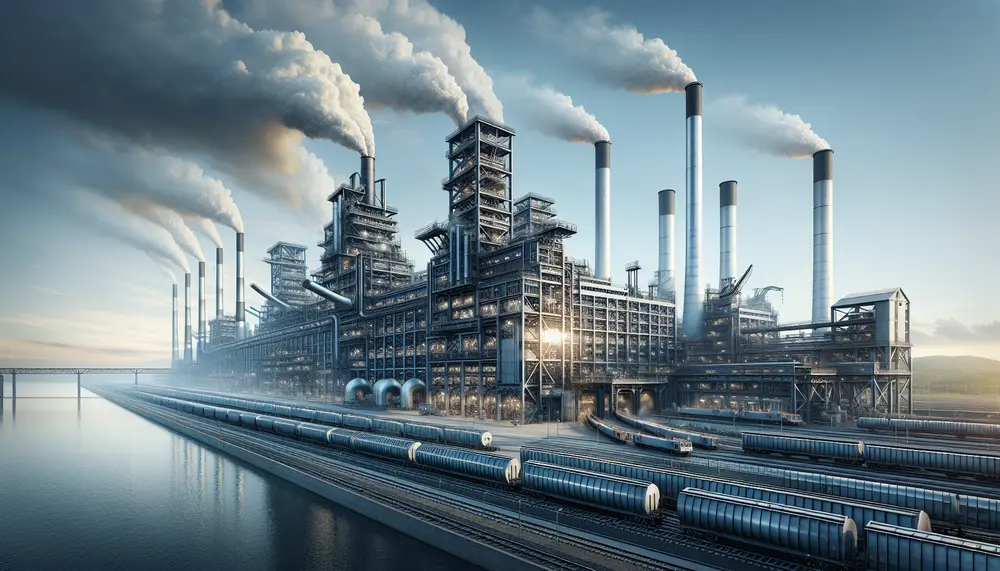
The article explains the steel making process at SAIL Bokaro, highlighting its precision and adherence to quality and environmental standards. It details the journey from raw materials like iron ore, coal, and limestone through various stages including blast furnaces and...
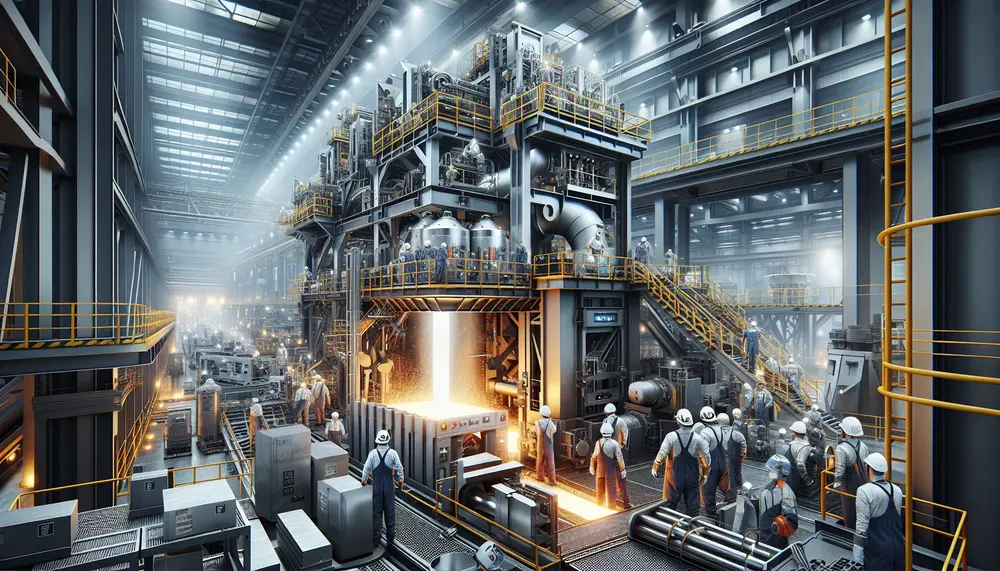
The Argon Oxygen Decarburization (AOD) process is essential in producing high-quality stainless steel by refining molten steel to reduce carbon content while preserving valuable alloying elements like chromium. This method, involving precise control of gas mixtures and temperatures during decarburization,...
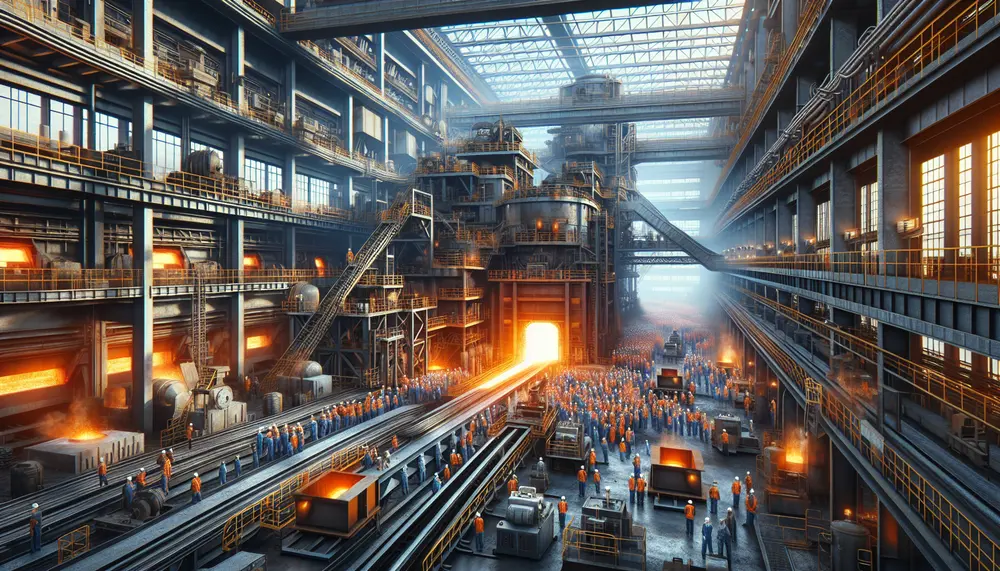
The article provides a detailed overview of the steelmaking process, starting from raw material extraction to final product creation. It emphasizes the importance of understanding each stage and the key materials involved—iron ore, coal, limestone, and scrap metal—to produce high-quality...

